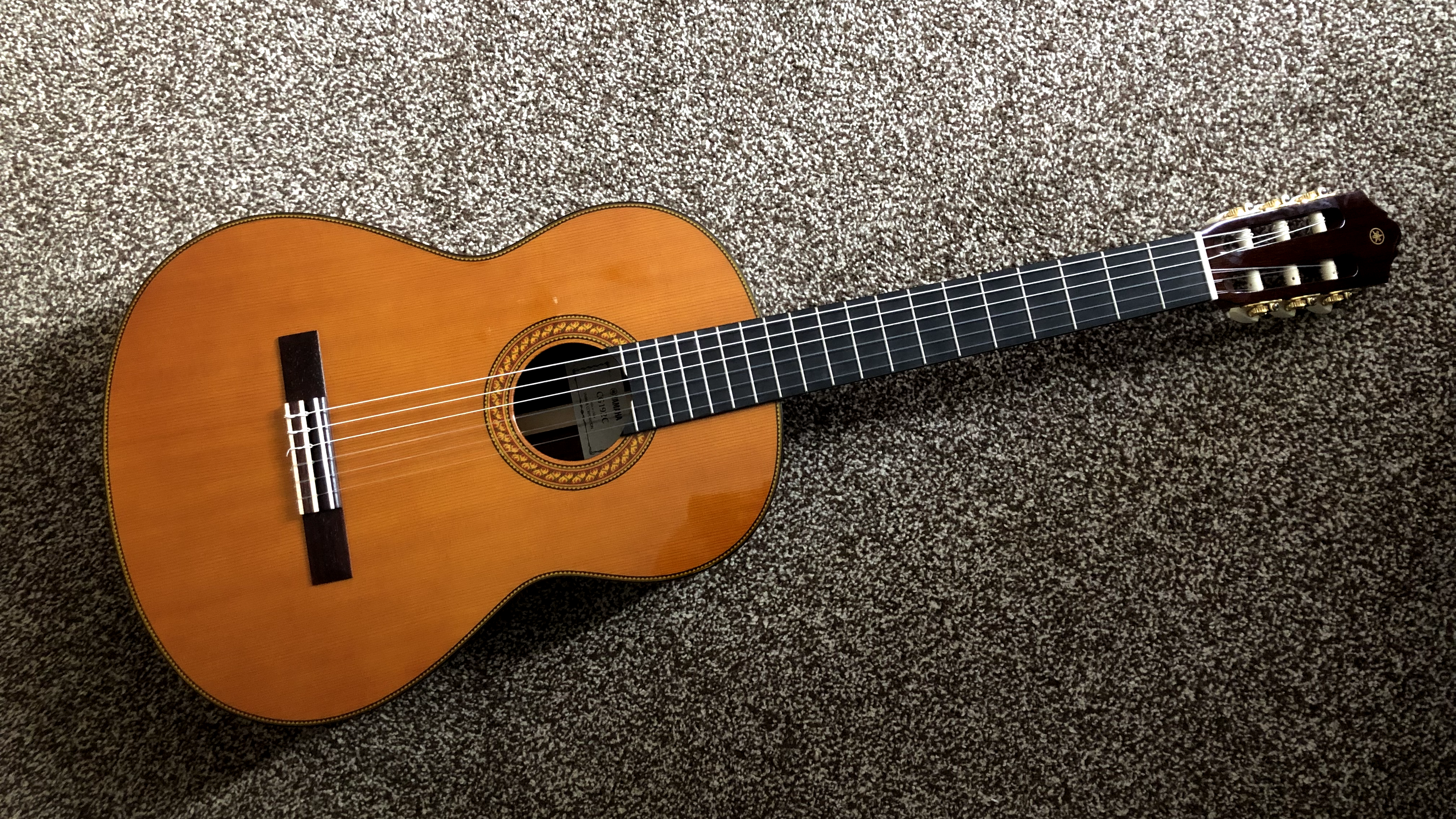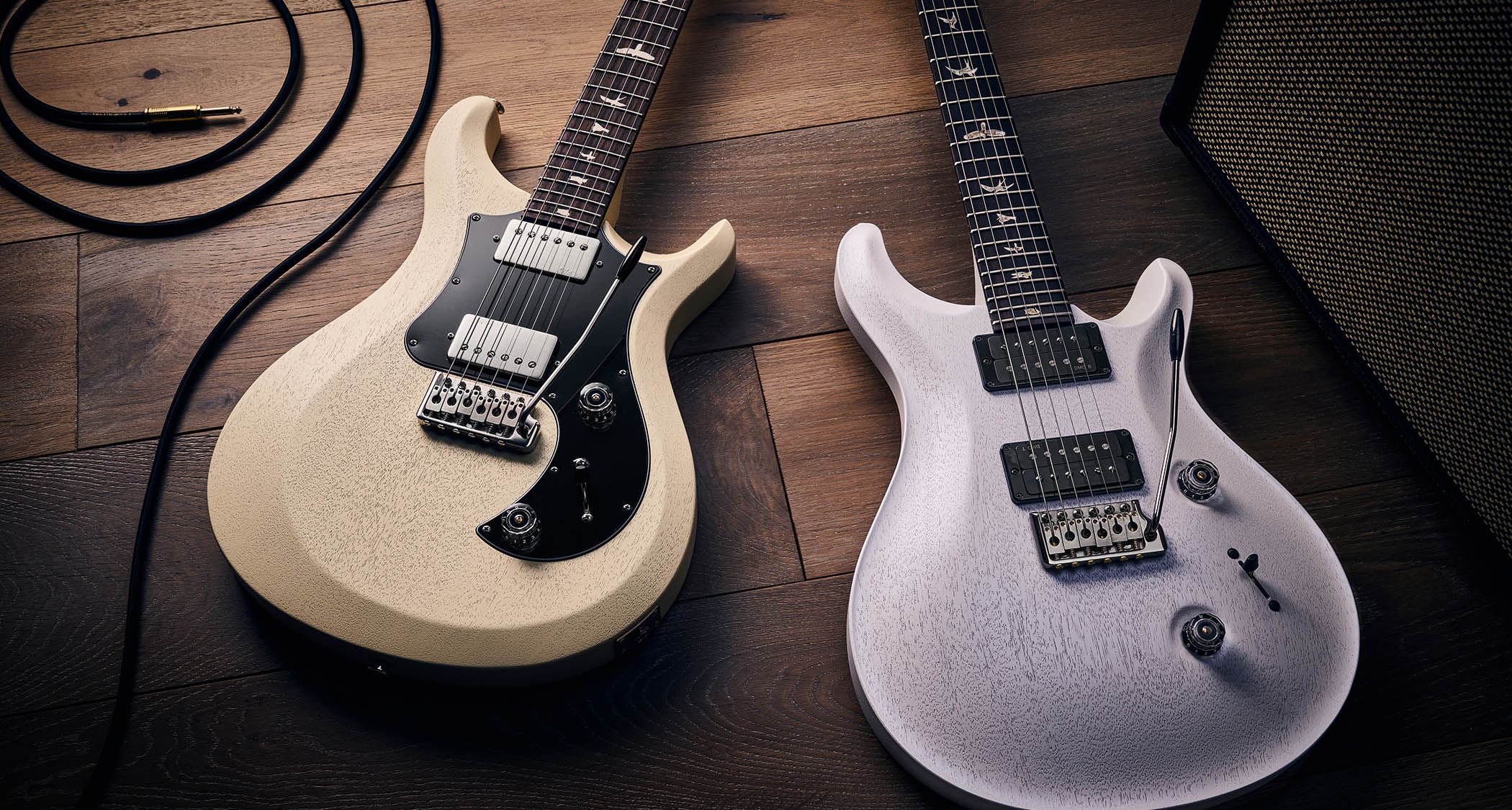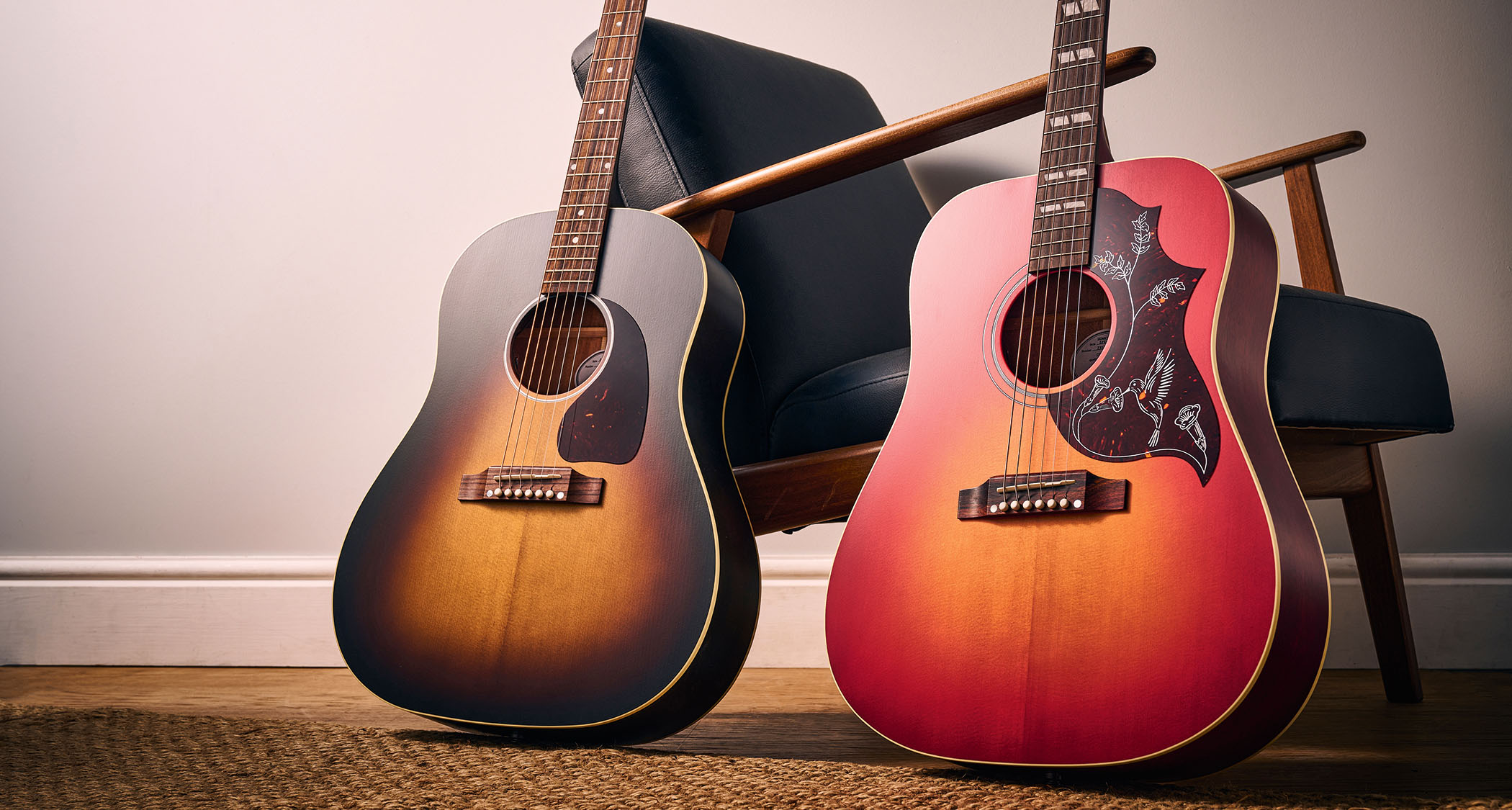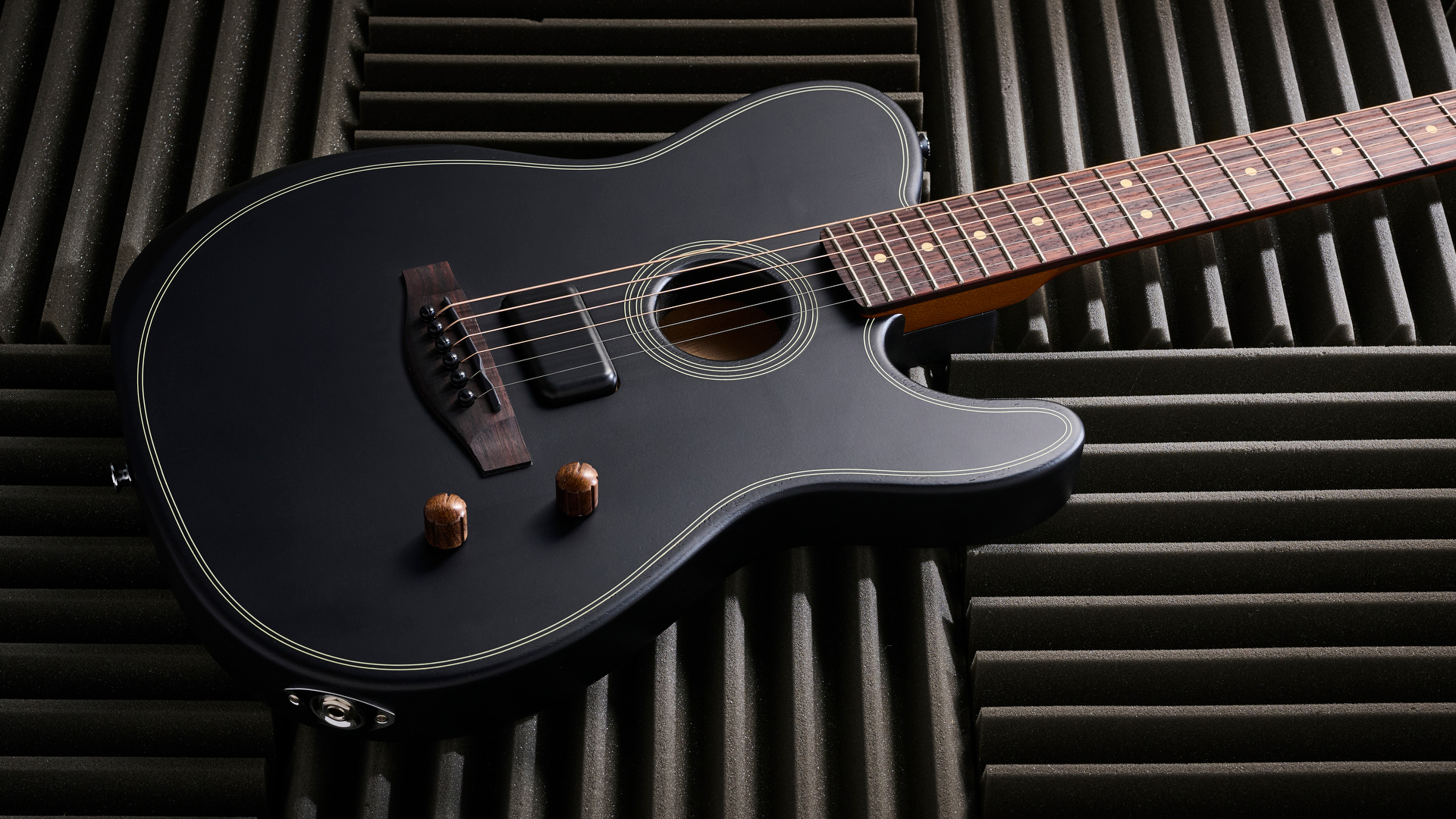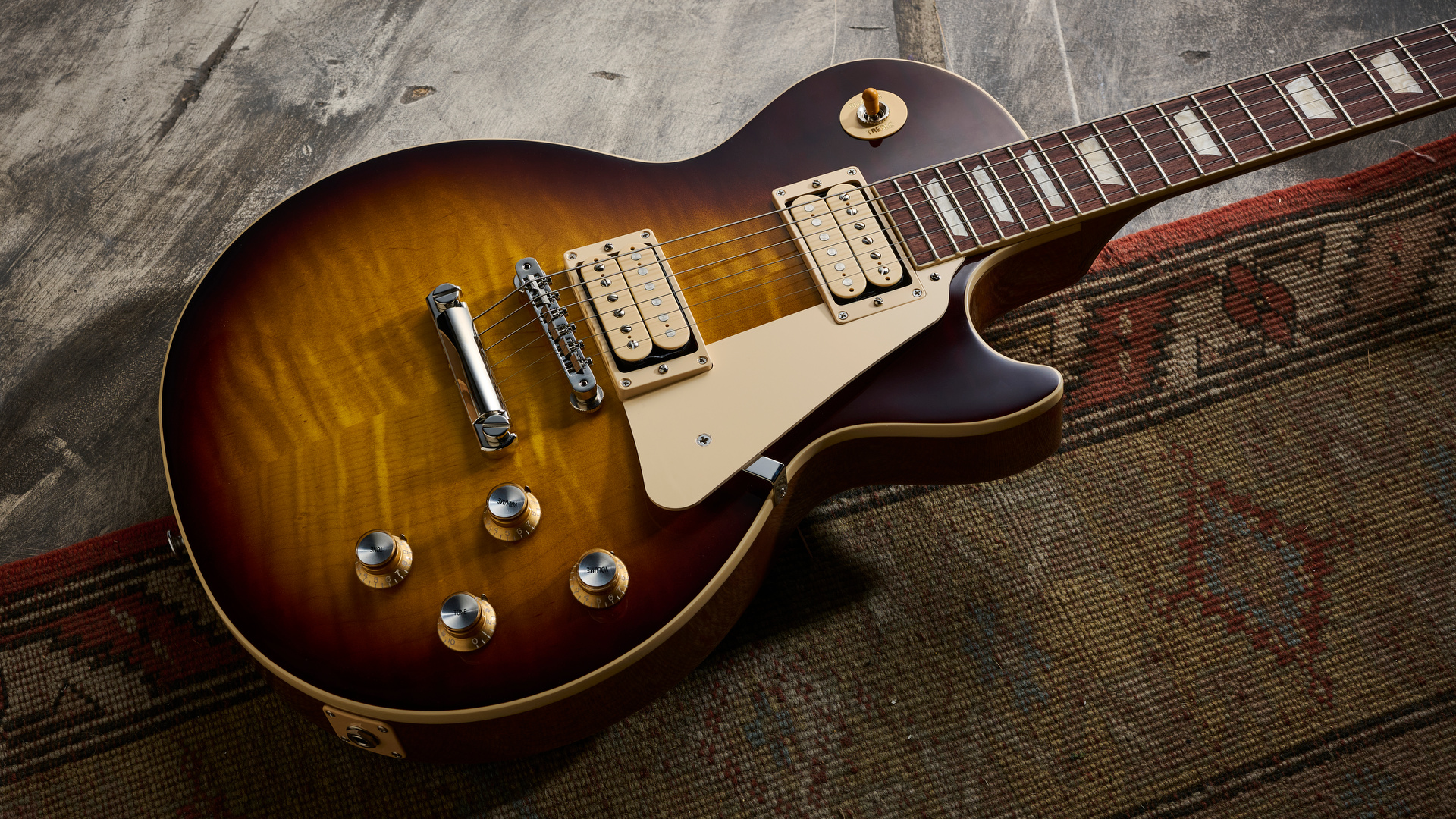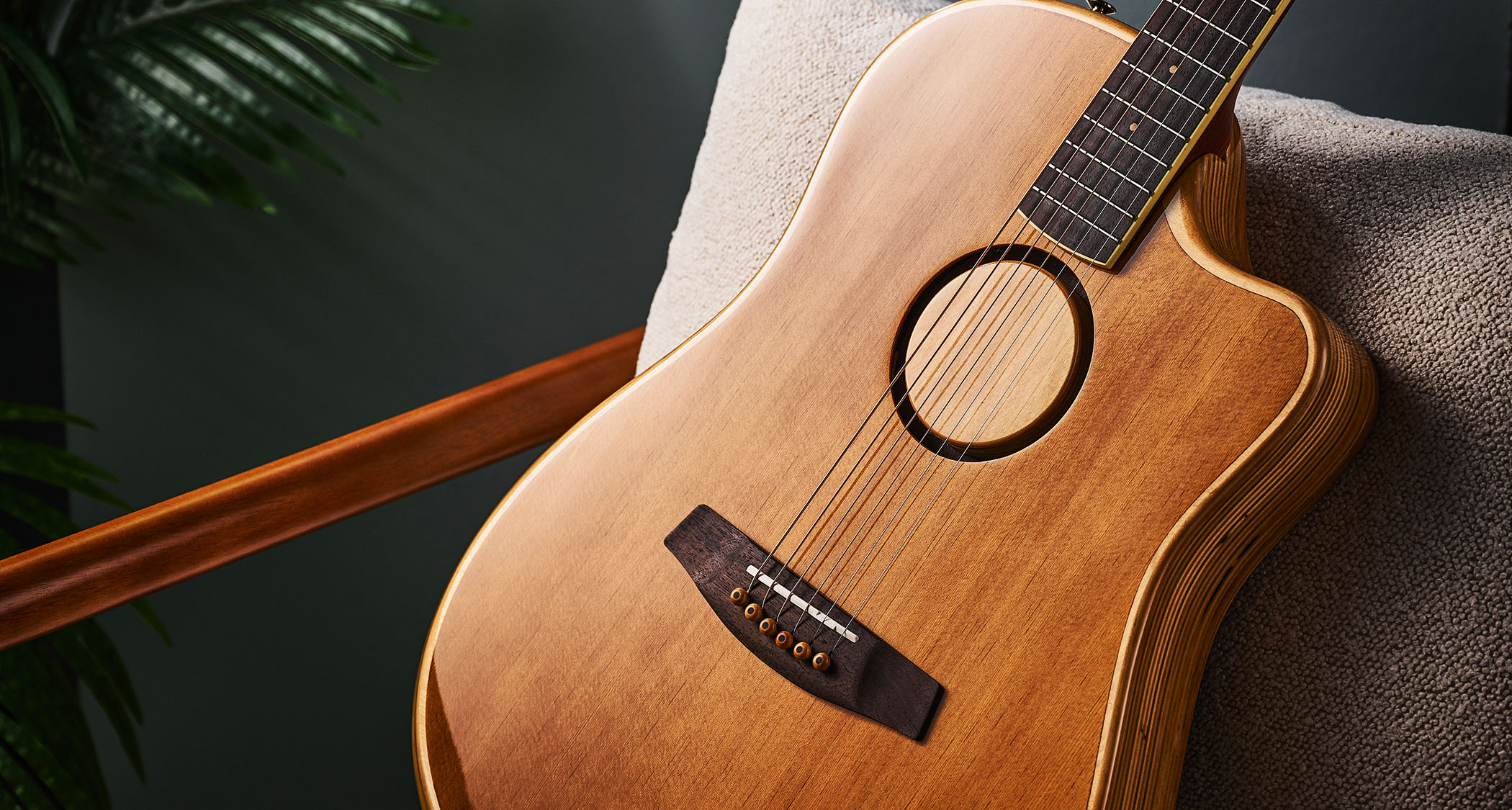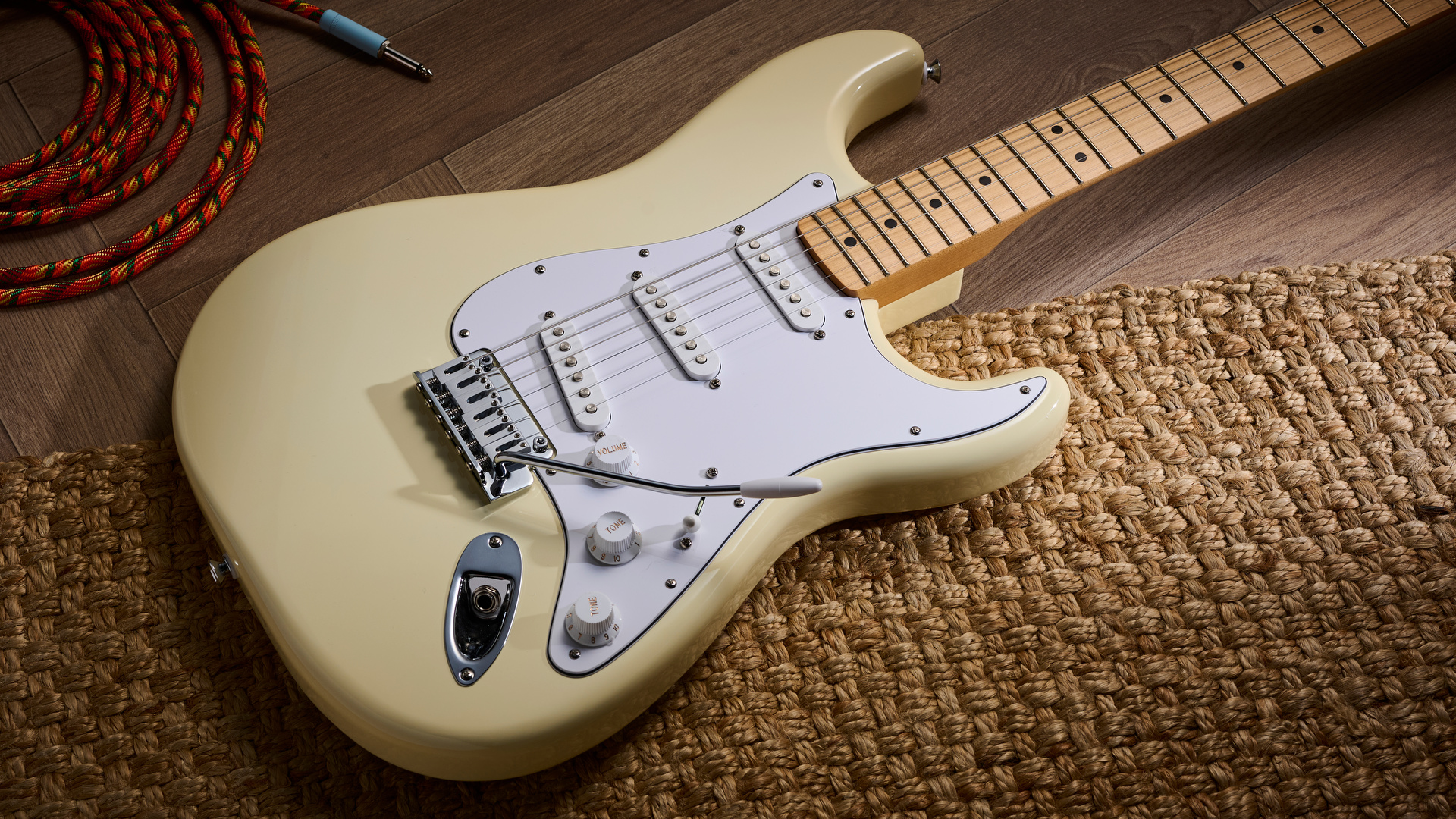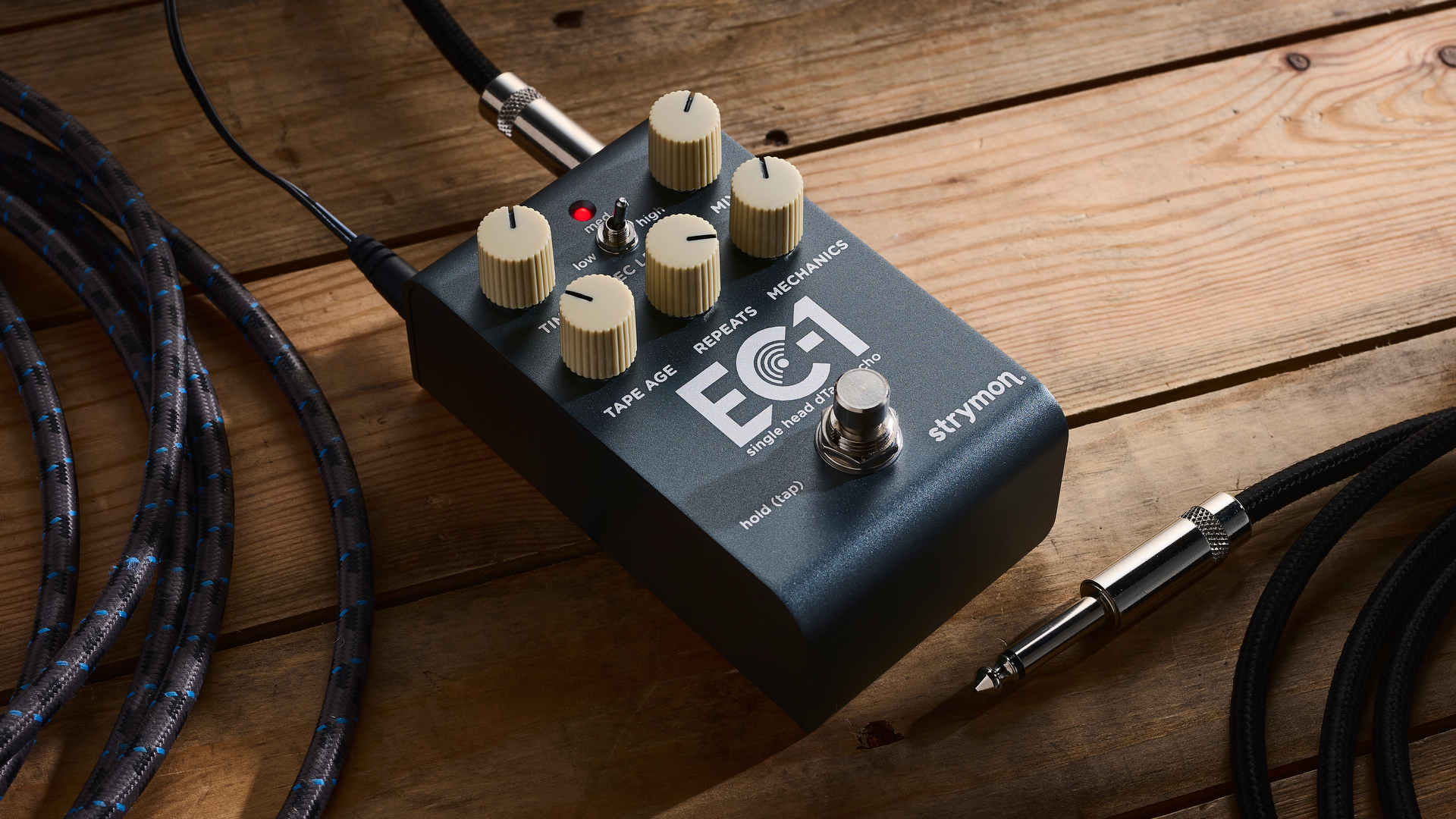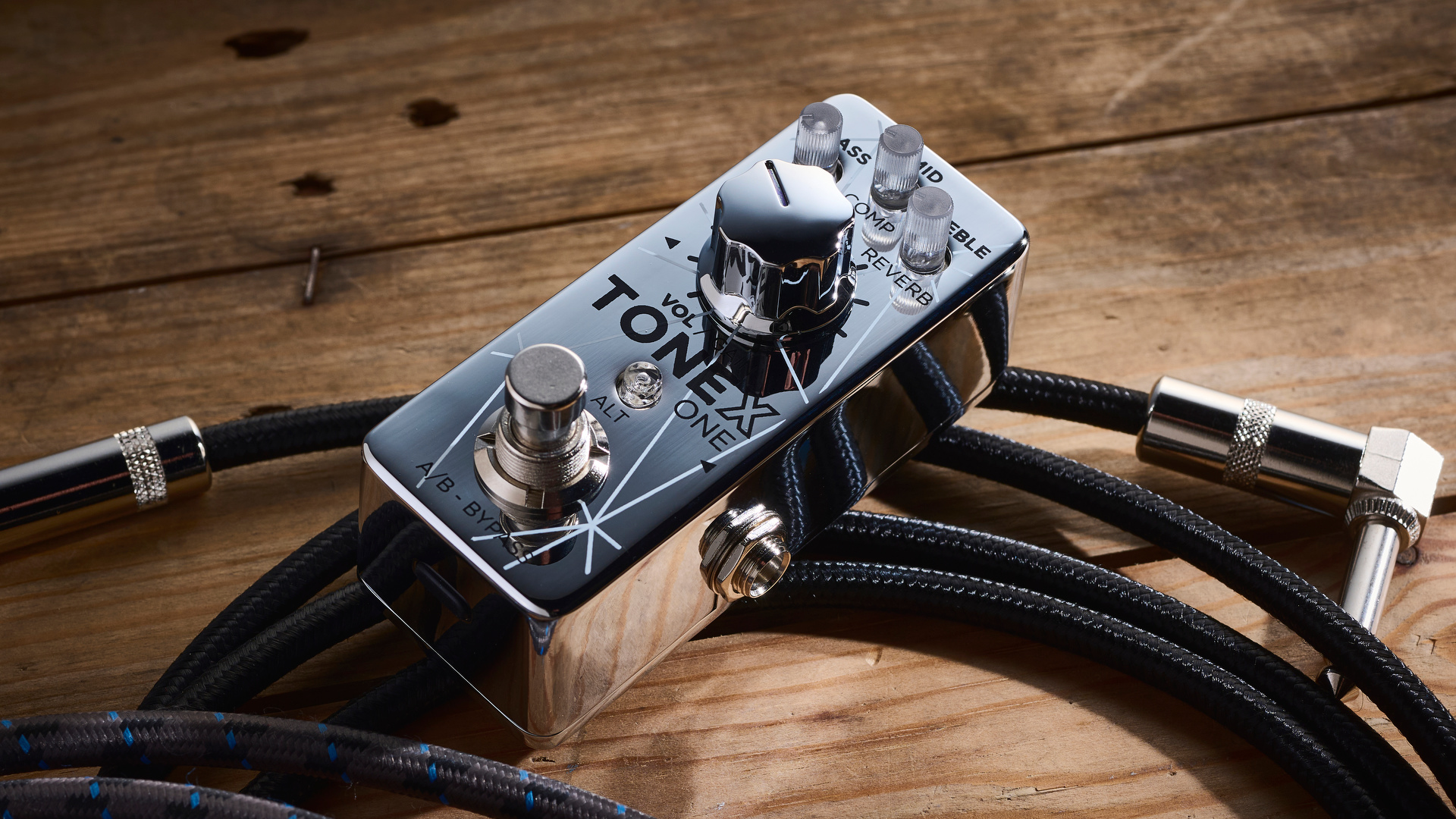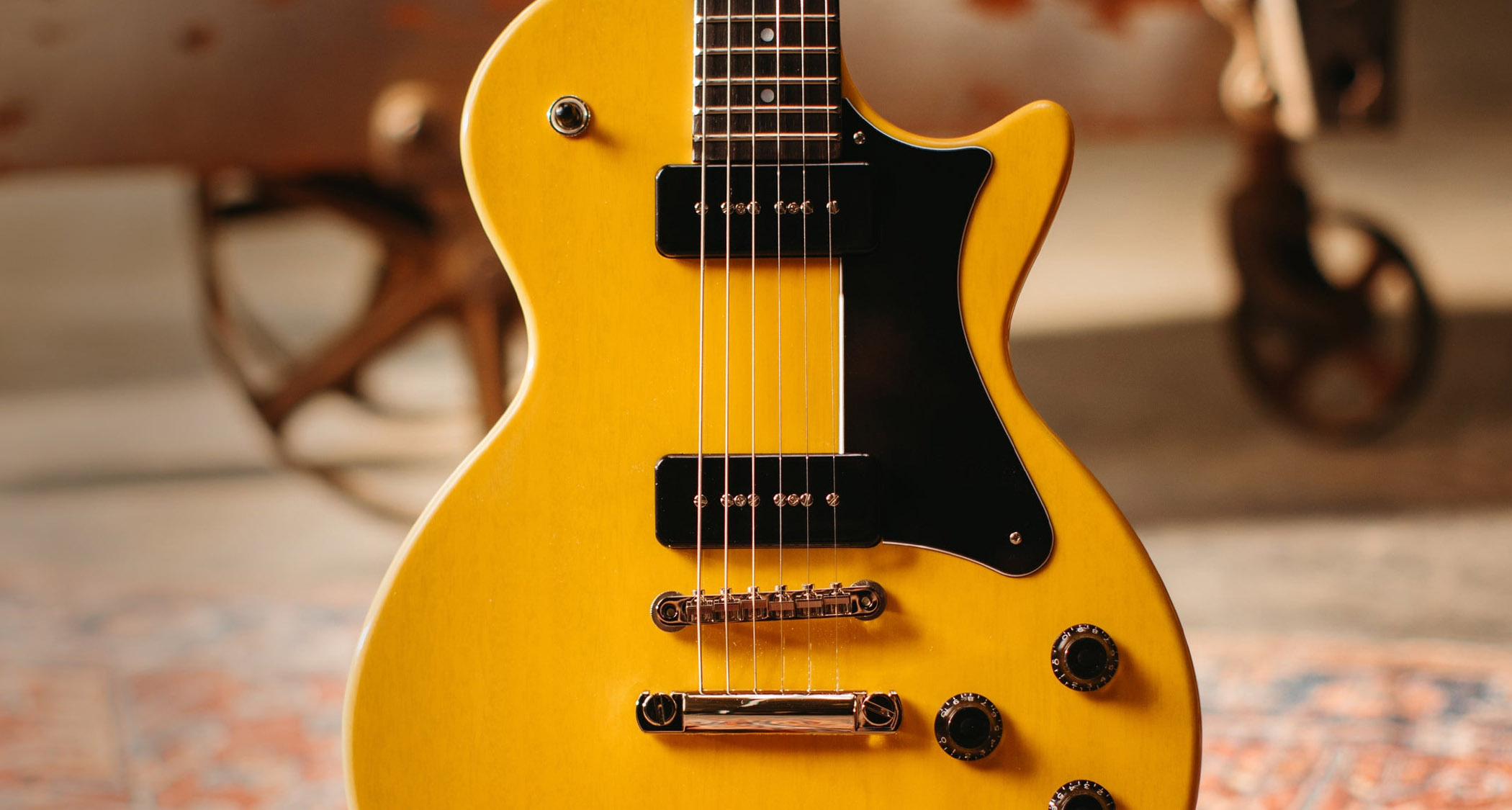Guitar World Verdict
There aren’t many brands that can match Yamaha in producing well-made instruments at such reasonable prices. Even though the CG192C sits at the top of the series, it still exemplifies these hallmarks perfectly. With its comfortable satin-smooth African mahogany neck, warm yet articulate solid Western red cedar top, and elegant wooden body binding, this brilliant mid-priced classical guitar is truly a workhorse.
Pros
- +
Great quality materials all around
- +
Articulate note separation
- +
Smooth and comfortable satin neck
- +
Setup well out of the box
- +
Beautiful sustain
Cons
- -
The unglossed neck is ding-prone
- -
Lacks a bit of bass
You can trust Guitar World
Yamaha’s CG body shape is widely recognized in the classical guitar world. From the ever-reliable C40 that’s been a student favorite for years, to the tech-savvy CG-TA TransAcoustic, playing a Yamaha CG means you can count on a few things: solid craftsmanship, years of use, a comfortable playing experience, and a tone you’ll love.
This brings us to the guitar in question – the Yamaha CG192C. Sitting at the top of the series, the CG192C promises to deliver all the hallmarks we’ve come to expect from Yamaha’s CG range. Priced around £550/$550, it’s the most expensive non-TransAcoustic classical guitar in the lineup. So, if you are after the series’ best traditional nylon-string classical without the added tech, this is your go-to.
At this price point, the CG192C is ideal for advanced players seeking a reliable workhorse – whether for traveling or keeping at a holiday home. At the same time, it will appeal to beginners with the budget to invest in a guitar that will comfortably see them through to intermediate playing and beyond.
With that in mind, I spent several evenings with the CG192C, putting it through its paces to see if it holds up to Yamaha’s well-earned CG series reputation. With a lot of competition in this price point from brands like Cordoba and Alhambra, can Yamaha distinguish itself as number one? Let’s find out.
Build

As expected from a flagship model, Yamaha has pulled out all the stops with the CG192C. There are two versions available – the CG192S with an Engelmann spruce top and our review model, the CG192C, which features a beautiful solid Western red cedar top. Paired with layered rosewood back and sides, it’s a traditional classical guitar wood combination that’s undeniably eye-catching. The wooden body binding also adds a touch of class that notifies you of the guitar’s position at the top of the CG food chain.
Moving towards the headstock, the neck is made from African mahogany, paired with an ebony fingerboard that looks dark and rich. The satin-finished neck offers an incredibly smooth and comfortable playing experience, never sticking to your hand when moving up and down the neck. However, in my experience, unglossed necks can be prone to dings from overzealous use of capos, so that’s something to keep in mind with the CG192C.
Featuring a CG body, the CG192C has a very familiar feel. It shares the same body depth as the entry-level C40II, so if you're upgrading from that beginner acoustic model, this transition makes perfect sense. The slimmer, classical-inspired shoulders give the guitar a nimble feel, making it ideal for sitting comfortably in the traditional playing position – on your left knee in an open stance (for right-handers).
Although this isn’t specifically designed for flamenco – it doesn’t feature a golpeador – the scale length (25.6”), body depth (3 11/16" – 3 15/16"), and body width (14 9/16") are exactly the same as, say, the Yamaha CG182SF flamenco guitar, putting it in very similar territory. So if you’re a classical guitarist looking to sharpen your flamenco skills, the CG192C isn’t perfect, but it will certainly get you in the ballpark.
As for the tuning pegs, Yamaha doesn’t specify the exact model. However, they follow a similar ornamental style to other pegs in the series. Tuning stability is excellent, and even after replacing a string on our review model, there were no issues with slippage.
Playability
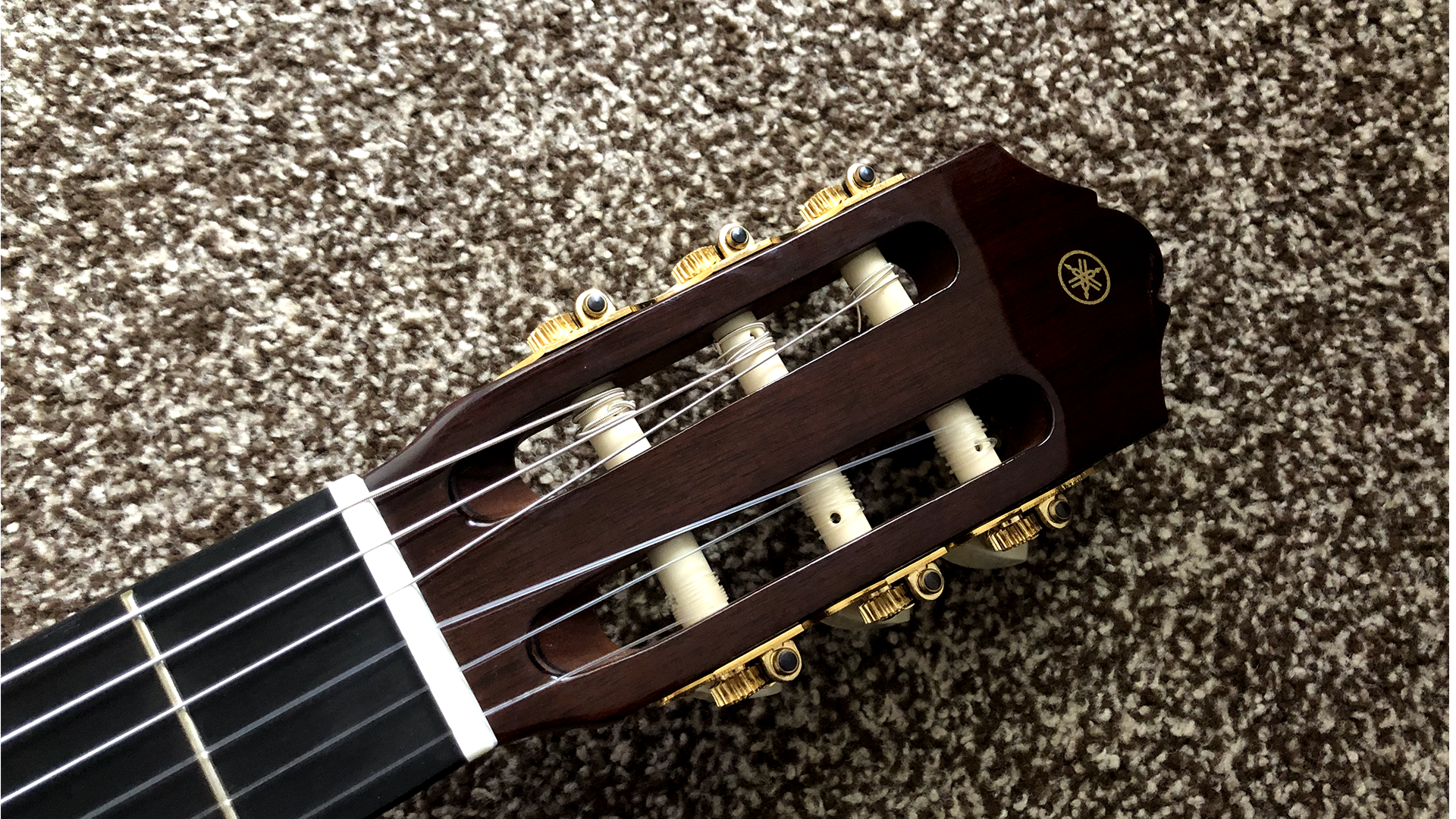
Moving onto playability, the CG192C is one of the most approachable classical guitars I’ve played. It combines player-friendly features like a satin-smooth neck, a comfortable 25.6” scale length, and an unobtrusive body, making it a pleasant playing experience for players of various sizes, including me. I found myself grabbing the CG192C on the sofa time and time again, thanks to its snug fit.
The flat neck radius, combined with the 52mm nut width and 11.8mm string spacing, provides ample room for comfortable fingerstyle playing. Unlike steel-string guitars, where cramped strings can make fingerpicking a challenge, the CG192C offers plenty of space. It’s an excellent guitar for refining fingerstyle technique, and I noticed an improvement in my right-hand dexterity in the relatively short time I had it.
Even details like the frets were tip-top. No sharp fret ends or scratchy frets were experienced and the factory setup was very playable. A low action provided a brilliant platform for quick runs up and down the neck. Overall, I have no complaints about the CG192C and the playing experience it provides.
Tone

However, it’s the guitar’s tone that truly sets the CG192C apart from others in the series – and even against its competitors. The solid Western red cedar contributes to its rich, unctuous sound. There’s a beautiful warmth and roundness that makes for an incredibly pleasant playing experience, encouraging hours of enjoyment. While it has a less sharp attack than spruce, this doesn’t compromise the guitar’s articulation; each note is clearly distinguished and present.
The CG192C might not deliver the booming, bass-heavy tone some acoustic guitars offer, but the sustain is impressive, especially suitable for fingerpicking. The way each note blooms and then settles is incredibly pleasing, offering a sense of musicality that’s impossible to ignore and addictive.
Regardless, in the classical guitar world, a strong bass response isn’t typically the main focus – articulation takes center stage. That said, steel-string dreadnought players might find themselves missing a bit of low-end.
Final verdict
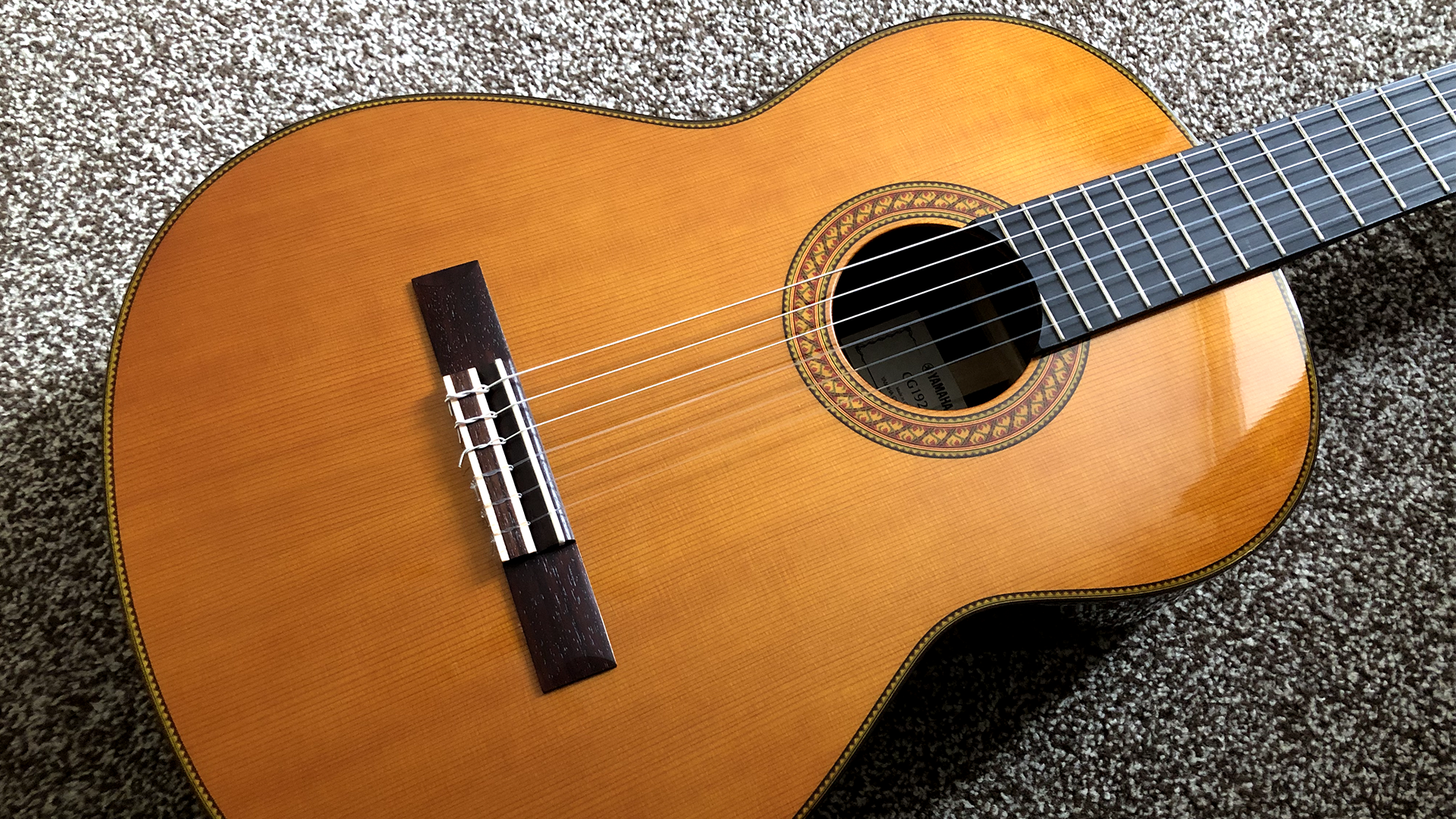
While there are plenty of options from competitors like Alhambra and Cordoba in this mid-tier price bracket, Yamaha’s CG192C stands out as one of the most player-friendly workhorses available.
If you’re seeking a classical guitar with quality features – like a solid Western red cedar top, an ebony fingerboard, and wooden body binding – this is an excellent choice. With its fantastic playability for fingerstyle and a warm, rounded, articulate tone, the CG192C is truly best-in-class at this price point.
Specifications
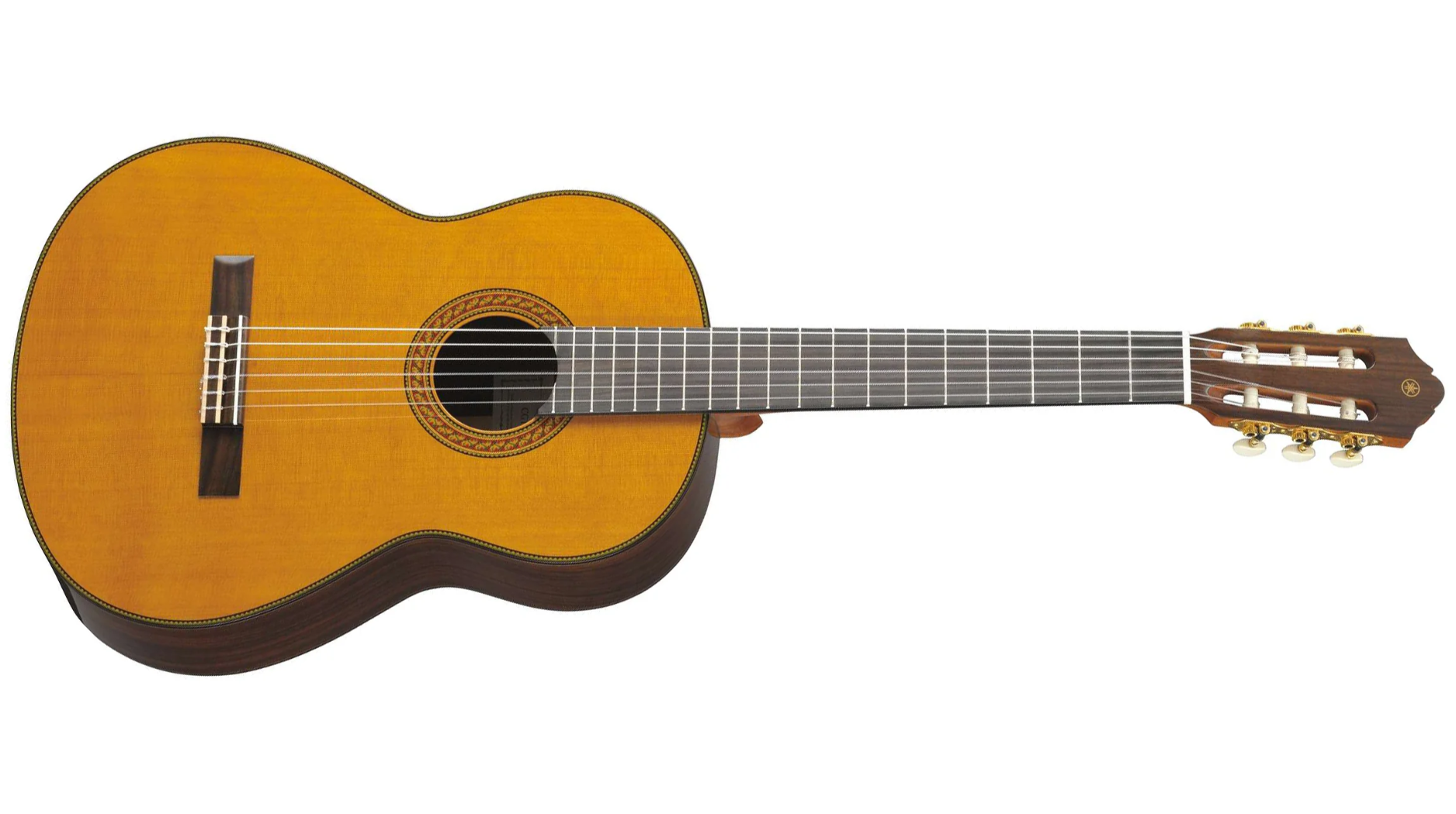
- Body Shape: Yamaha CG Shape Classical
- Scale Length: 650 mm (25 9/16")
- Nut Width: 52 mm (2 1/16")
- String Spacing: 11.8 mm
- Top Material: Solid Western red cedar
- Back & Sides Material: Rosewood
- Neck Material: African mahogany
- Fingerboard Material: Ebony
- Bridge Material: Rosewood
- Nut & Saddle Material: Urea
- Tuners: Gold
- Contact: Yamaha
Ross has been a music lover and guitar player since the age of 8. He has spent the five years since graduating from university working in music retail, selling guitars, amps and more. Ross is particularly interested in electric guitars, pedals and amplifiers and his current rig includes a trusty 2009 American Standard Stratocaster and Vox AC30S1 with a few Walrus Audio and Way Huge pedals in between.
“I use a spark plug to play slide. It's a trick Lowell George showed me. It gets incredible sustain – metal on metal”: In the face of sexist skepticism, Fanny's June Millington carved a unique six-string path, and inspired countless players in the process
“An esoteric boutique vibe, superb ergonomics and a powerful, unique preamp – Tobias is back”: Tobias Growler IV review
The heaviest acoustic guitar ever made? Two budding builders craft an acoustic entirely from concrete because they “thought the idea was really funny”
